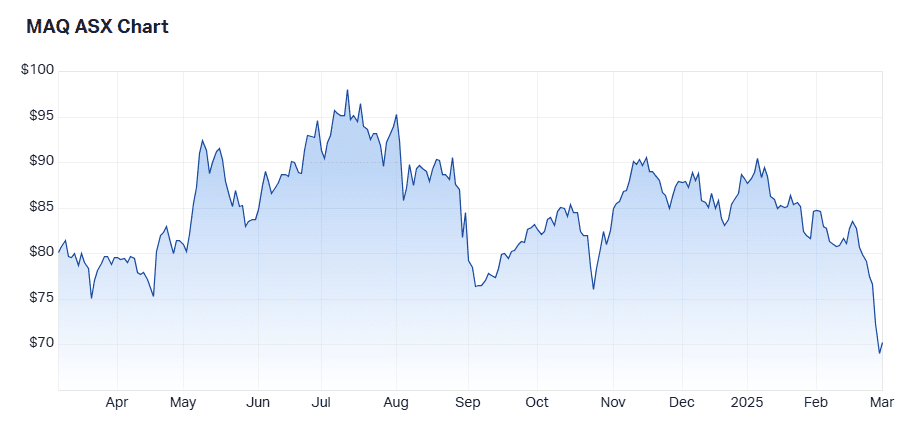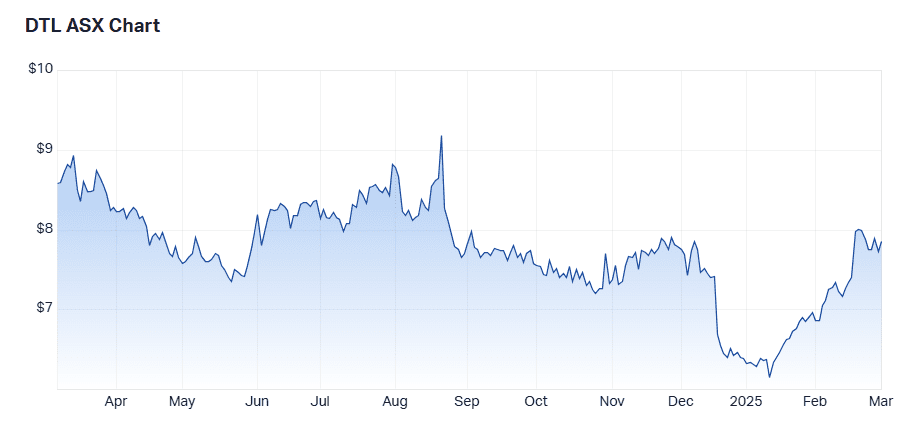Small Cap Research
Small Caps + FNArena Research
12 Month Access to Under the Radar Report: Small Caps + FNArena
$697.00 / year
Key Topics Covered in the Video:


TAKEN OVER: Returned 928%
Fintech (acquired by its now parent company Square Inc., but still traded under APT). We first tipped Afterpay for $2.51 in May 2017 before the term buy now pay later was even used. We sold at over $100! The lesson is don’t be afraid to buy a small holding on a small cap disruptor.

Macquarie Technology is a full-service provider for business of data, voice, mobile and colocation services. For business customers they specialise in hybrid IT, integrating colocation, cloud and dedicated servers.
We first recommended it at $8.

Data3 is an Australian IT services and solutions provider, focused on helping customers solve complex business challenges using technology solutions. It has allied itself closely to Microsoft, and is the only Australian company to have a representative on its global advisory board.
There are 145 IT stocks on the ASX, with 3 sub-industries. Software & Services, Technology Hardware & Equipment and Semiconducts & semiconductor equipment.
Our specialty and focus is on software & services.
Tech stocks give you exposure to different industries, including software development, software as a service, cybersecurity, biotech, fintech, semiconductor chips, and more.
Technology companies are some of the most exciting with unlimited growth prospects and the potential to disrupt the sector they operate in. With technological innovation driving fast revenue growth, the focus for investors is on selecting the profitable companies with customers in their market.
Technology stocks have consistently been our top performing stocks!
These tech companies start out small but can be strong growth stocks with fast revenue growth as they often have lower costs to operating compared to traditional brick and mortar business.
They don’t have raw material input or transportation costs, and are often well positioned to respond and adapt to emerging conditions.
Tech stocks are attractive to investors because of their high growth potential, resilience, and their role in shaping the future.
The technology sector should form part of an overall diversified portfolio. And before investing in any stock, it’s essential to conduct thorough analysis and due diligence on the company you are interested in. Look into the company’s financial performance, growth prospects, competitive advantages, and management team. Understand the company’s products or services, target market, and how it positions itself within the broader market or technology industry.
We have two classes of investment – core and growth. You should invest 10-12% in the core investments in a small cap focused portfolio; and 2-4% in the growth investments, which tech companies would normally fit into. The more risk, the less you should invest as a percentage of your portfolio.
Many tech companies’ stocks do pay dividends.
Dividends are also a signal of a profitable, stable, successful company. Please see each stock to check it’s dividend yield.
Remember that the performance of individual stocks can vary, and past performance is not indicative of future results. Always conduct your research and consider your financial goals before investing in any stocks on the ASX.
There are also risks associated with investing in tech stocks, such as volatility, regulatory issues, and competition.
Not every company or idea will succeed even if the idea is solid.
Many tech stocks aren’t profitable when they first list on the ASX, and are often working hard to convert their low capital growth, into high leveraged earnings, incurring debt in the meantime.
We advocate taking your costs out and letting your profits run when you have more than doubled your money. Alternatively, if there is doubt about your original reasons for buying the company, i.e. your investment thesis isn’t working out, selling should be considered. We analyse all stocks consistently to work out whether they measure up to our original investment thesis.
12 Month Access to Under the Radar Report: Small Caps + FNArena
$697.00 / year
Founded in 2011.
Average return on all 300 Small Caps
Stocks Taken Over
